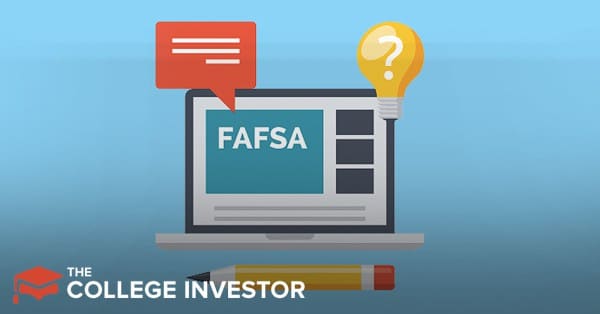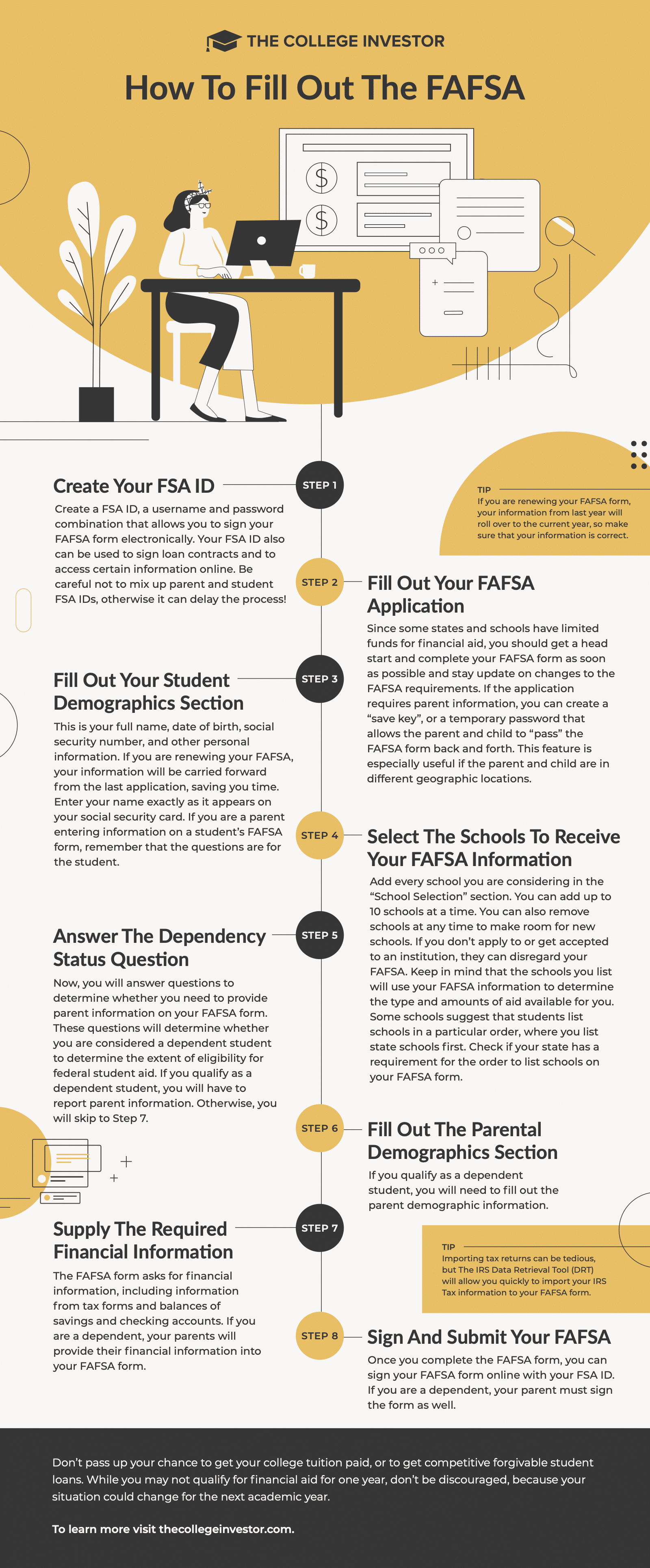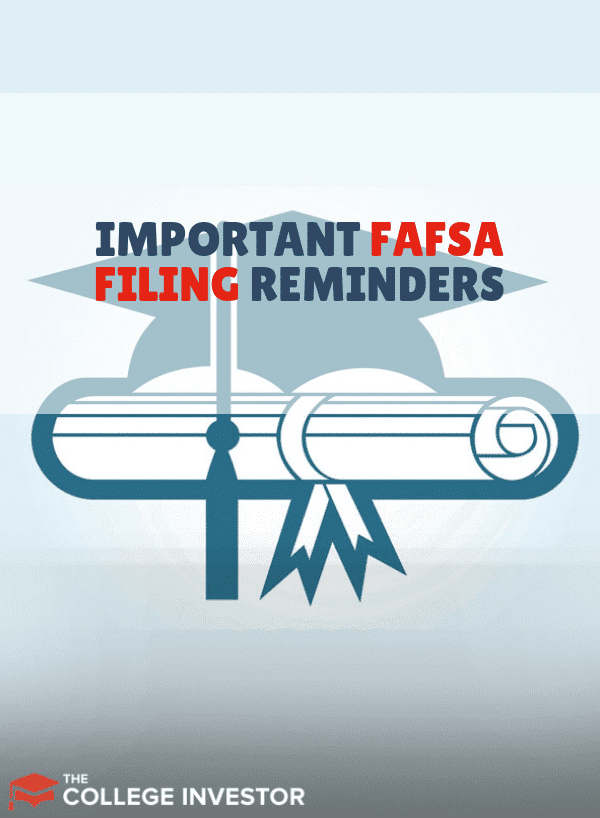
Knowing when to apply for financial aid is critical no matter which school you’re planning to attend. There are FAFSA deadlines to meet and some funding is on a first-come, first-served basis. In other words, the longer you wait, the less chance you’ll have of receiving funding.
The opposite is also true: The sooner you apply for aid, the better your chances of maximizing the amount you’ll receive.
Each Year The FAFSA opens on October 1, and has a deadline of June 30 the year you need aid. But in 2023, the FAFSA isn't going to open until December 27! This almost gives you a two year window to apply for financial aid. Remember, financial aid also includes Federal student loans! Find the best student loan rates here.
Below is a link to a table to help you navigate federal aid deadlines by state. It links to the fafsa.ed.gov website.
These deadlines are relevant to 2023–2024 FAFSA applications. You’ll may notice some dates have passed.
If a lot of the deadlines for you have passed, the 2024–2025 FAFSA may be a better option. You’ll be able to apply early.
Always contact your school of interest to verify any deadline.
Important Update For 2023 FAFSA Opening Date
Due to the major changes with FAFSA Simplification, the FAFSA for the 2024 - 2025 academic year (which open in 2023) won't open until December 27, 2023. This is a change from the normal October 1 opening date.
As a result, processing of financial aid results won't happen until January 2024, and corrections and paper forms won't start until February 2024. This is going to seriously impact financial aid offers and college admissions this year.
The biggest change for this year's FAFSA is the elimination of the Expected Family Contribution (EFC) and it's new replacement: the Student Aid Index (SAI).
If you're curious about what this means for your financial aid situation, check out our Student Aid Index Chart and Calculator.
Federal FAFSA Deadline
The Federal FAFSA deadline is June 30 in the year you are applying for. You can start applying for the FAFSA as early as October 1 they year before. It is extremely important that you file the FAFSA every year.
Academic Year | Open Date | Deadline |
|---|---|---|
2023 - 2024 | October 1, 2022 | June 30, 2024 |
2024 - 2025 | December 27, 2023 | June 30, 2025 |
2025 - 2026 | October 1, 2024 | June 30, 2026 |
State FAFSA Deadlines
Many states set their own guidelines when it comes to providing financial aid and the FAFSA requirements along with it.
We've put together a comprehensive guide on Financial Aid and Student Loans available by state, and you'll see a lot of states requiring certain FAFSA deadlines. Make sure you check with your state if you are applying for state-based financial aid.
Here is the list of the 2022-2023 state financial aid deadlines.
School FAFSA Deadlines
Finally, every school may maintain their own deadlines for when to file the FAFSA, with many schools opting for a first-come, first-serve approach to providing need-based financial aid.
If you are going to need scholarships or grants to pay for college, make sure you touch base with your college's financial aid office so that you understand any deadlines or recommendations about when to apply.
At the end of the day, earlier is usually better.
How To Fill Out The FAFSA
If you're not quite sure what steps you need to take, here's our guide on How To Fill Out The FAFSA. You can also check out this infographic here:

Final Thoughts
When you are going to college, you should apply for the FAFSA every year. Beyond eligibility for scholarships and grants, the FAFSA is also what you need to get student loans.
You should apply for the FAFSA as early as possible. It's relatively easy to do online, and will take about 20-30 minutes of your time. The bottom line is, don't miss the deadline, and apply early.

Robert Farrington is America’s Millennial Money Expert® and America’s Student Loan Debt Expert™, and the founder of The College Investor, a personal finance site dedicated to helping millennials escape student loan debt to start investing and building wealth for the future. You can learn more about him on the About Page or on his personal site RobertFarrington.com.
He regularly writes about investing, student loan debt, and general personal finance topics geared toward anyone wanting to earn more, get out of debt, and start building wealth for the future.
He has been quoted in major publications, including the New York Times, Wall Street Journal, Washington Post, ABC, NBC, Today, and more. He is also a regular contributor to Forbes.
Editor: Clint Proctor Reviewed by: Claire Tak
